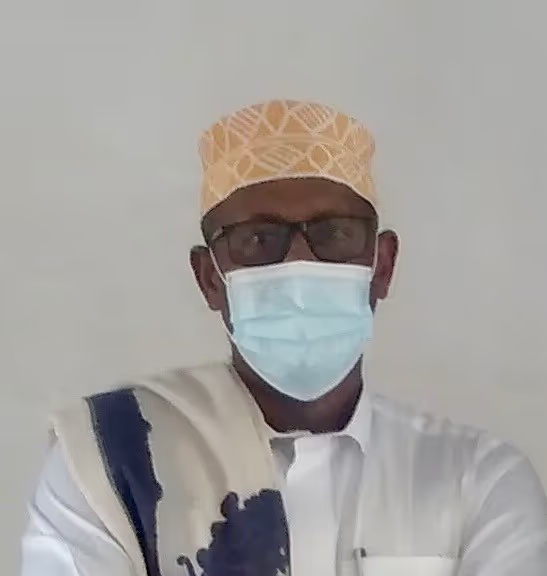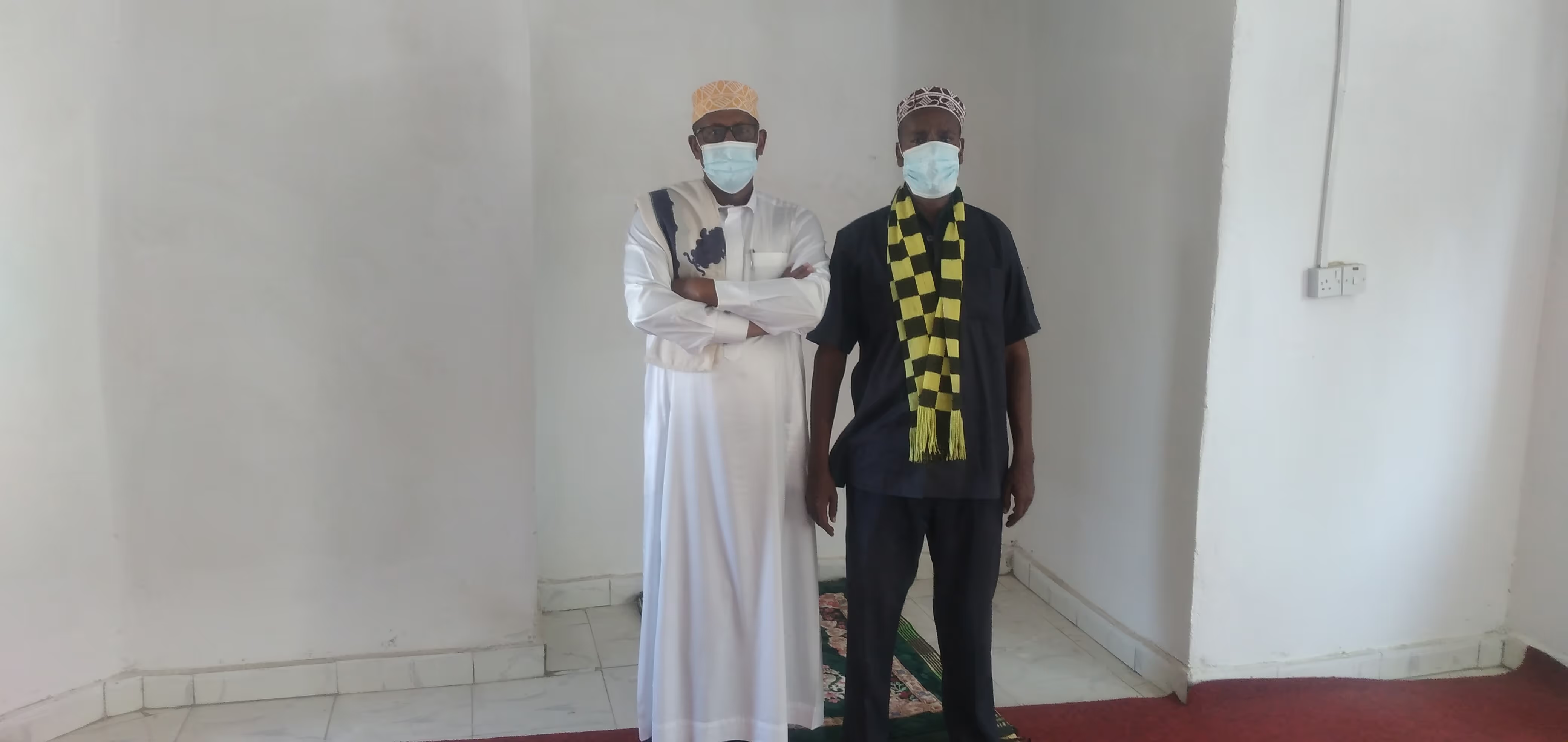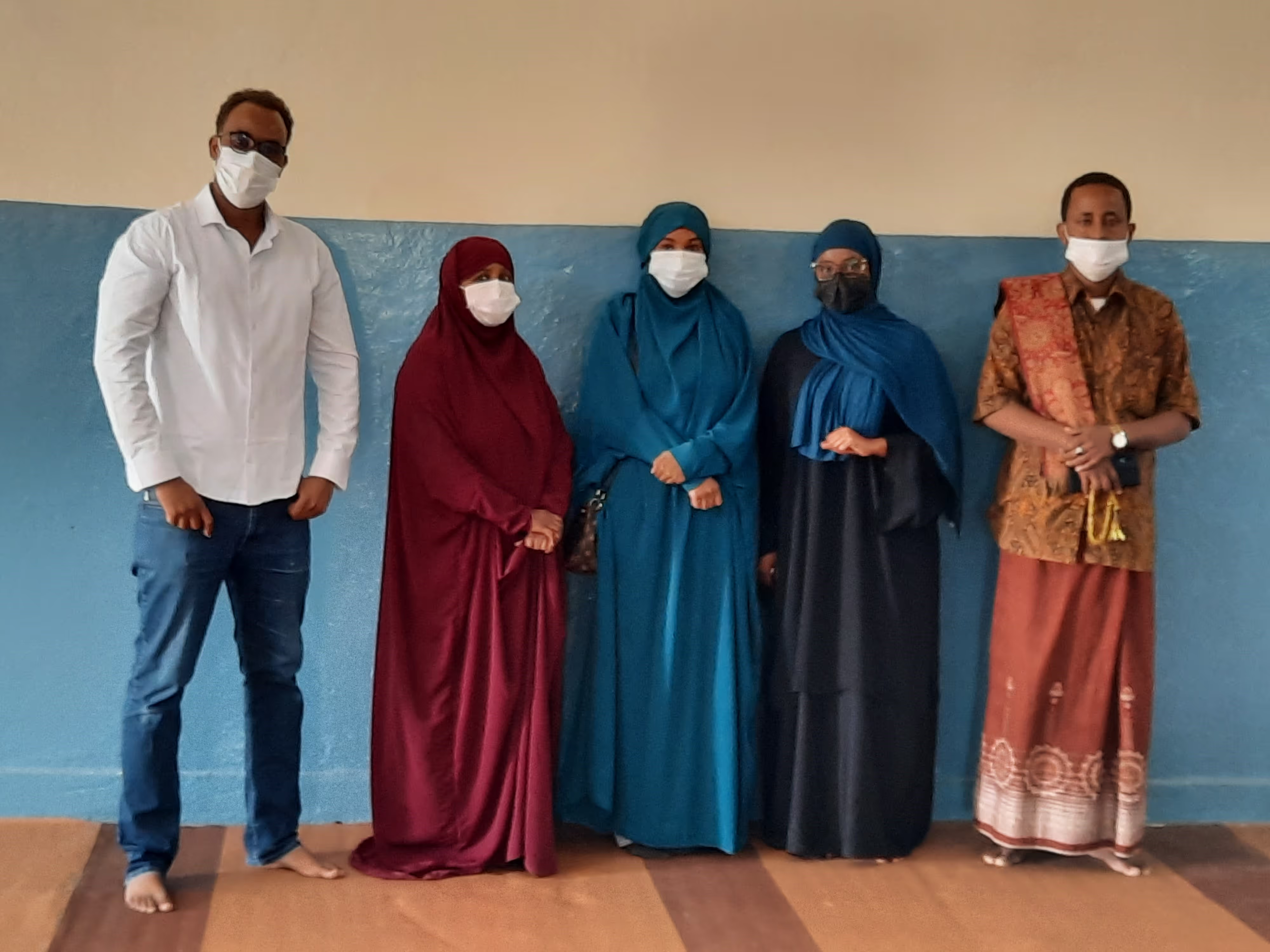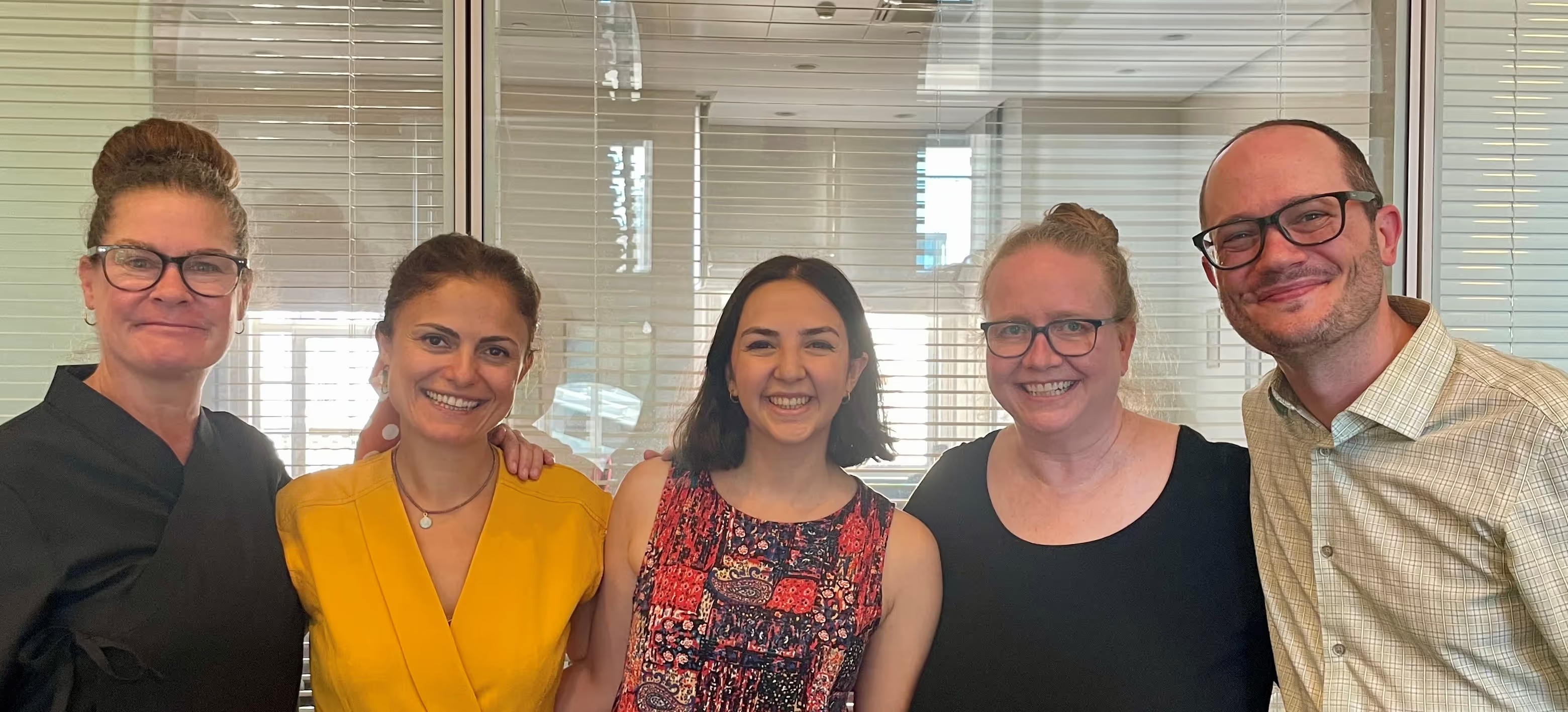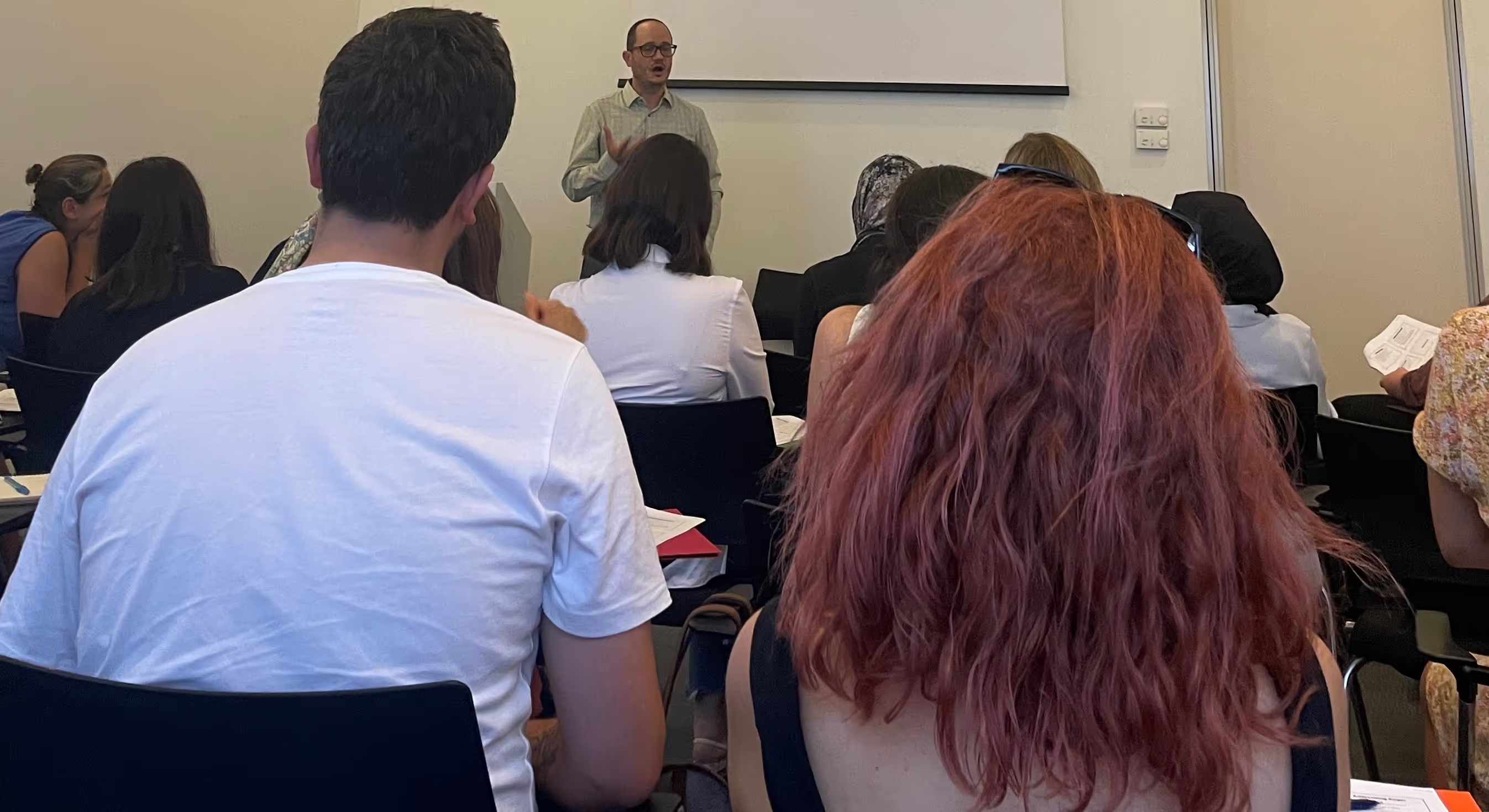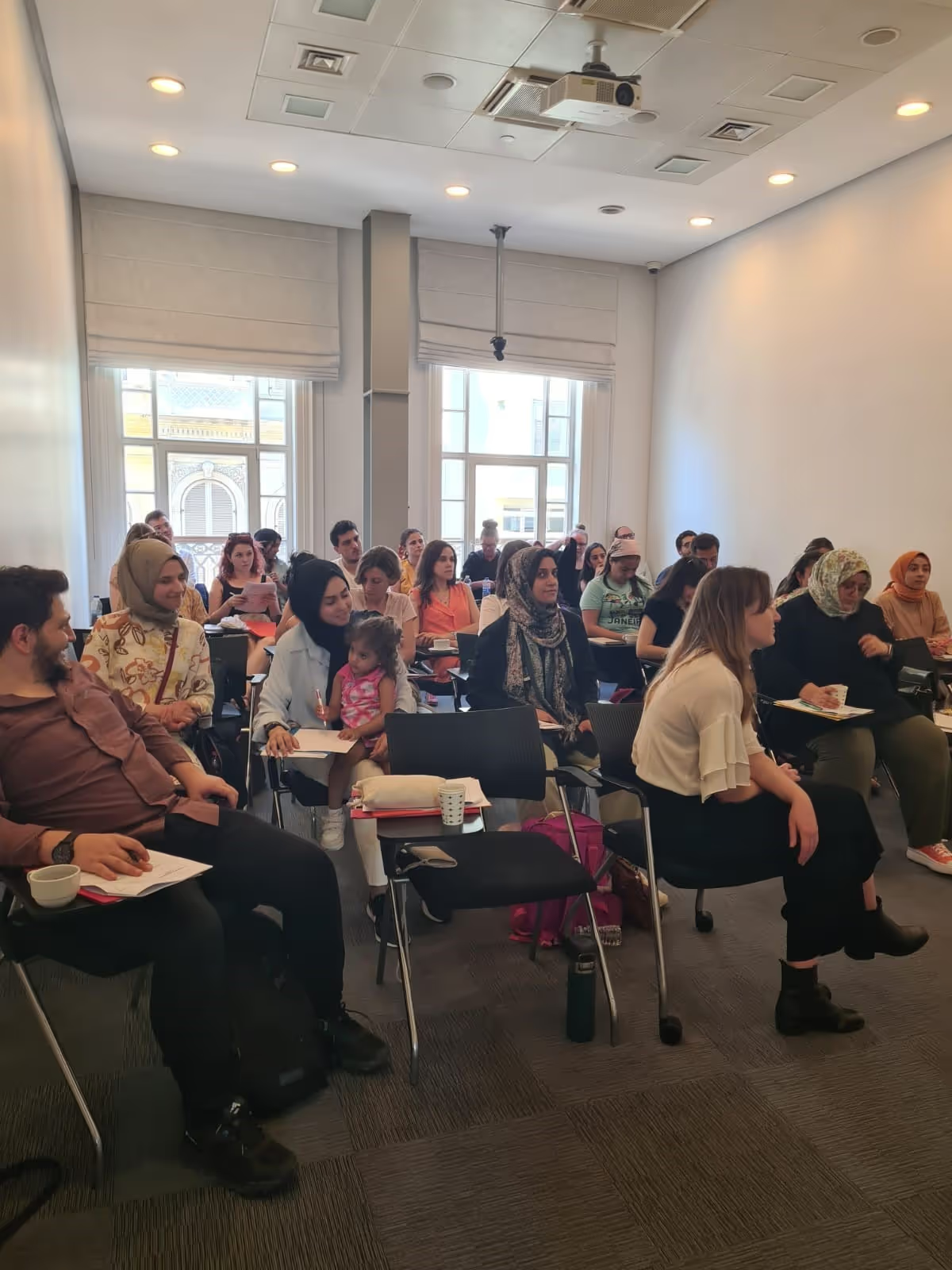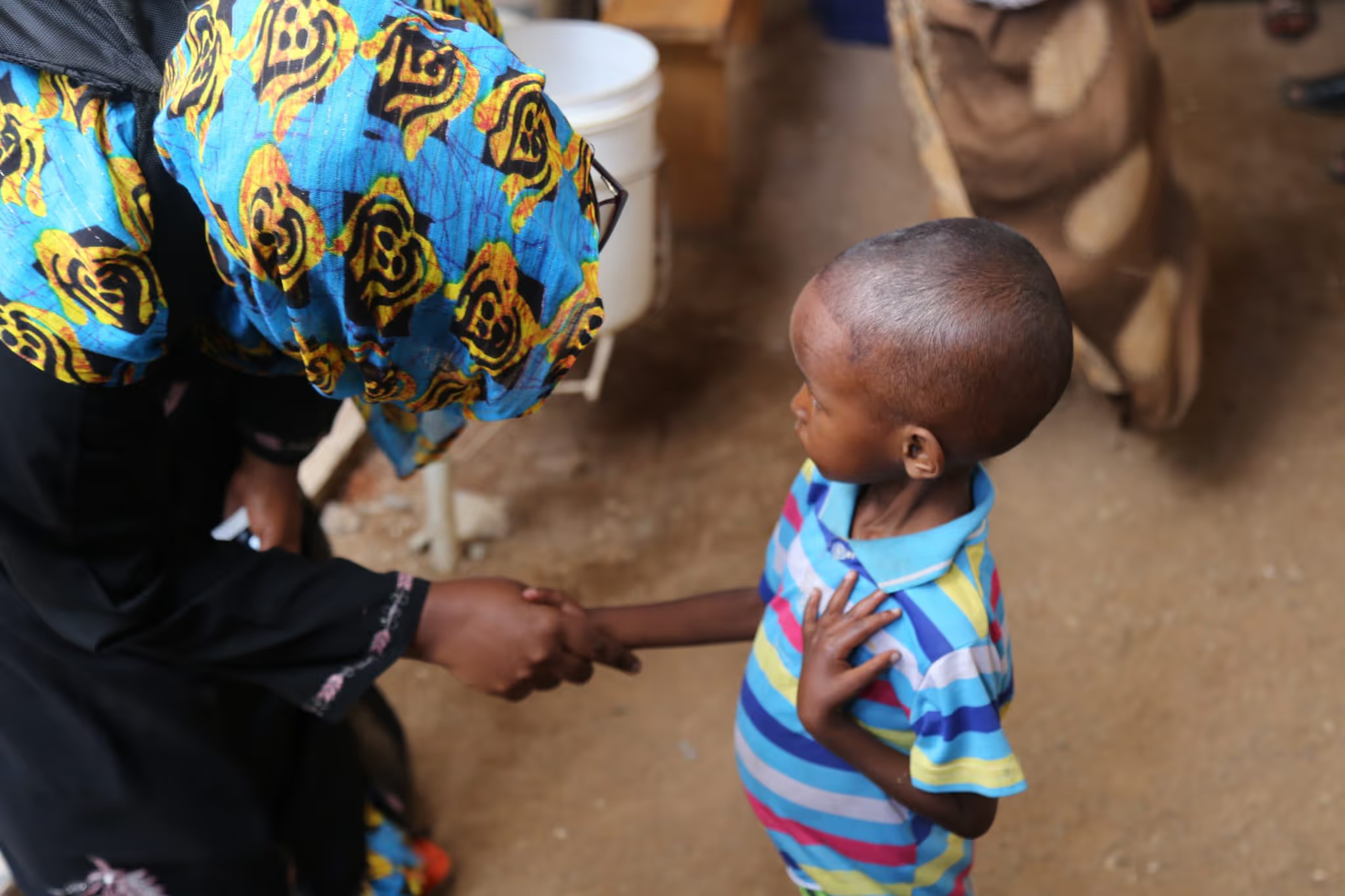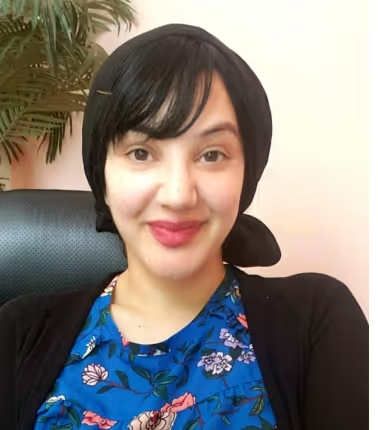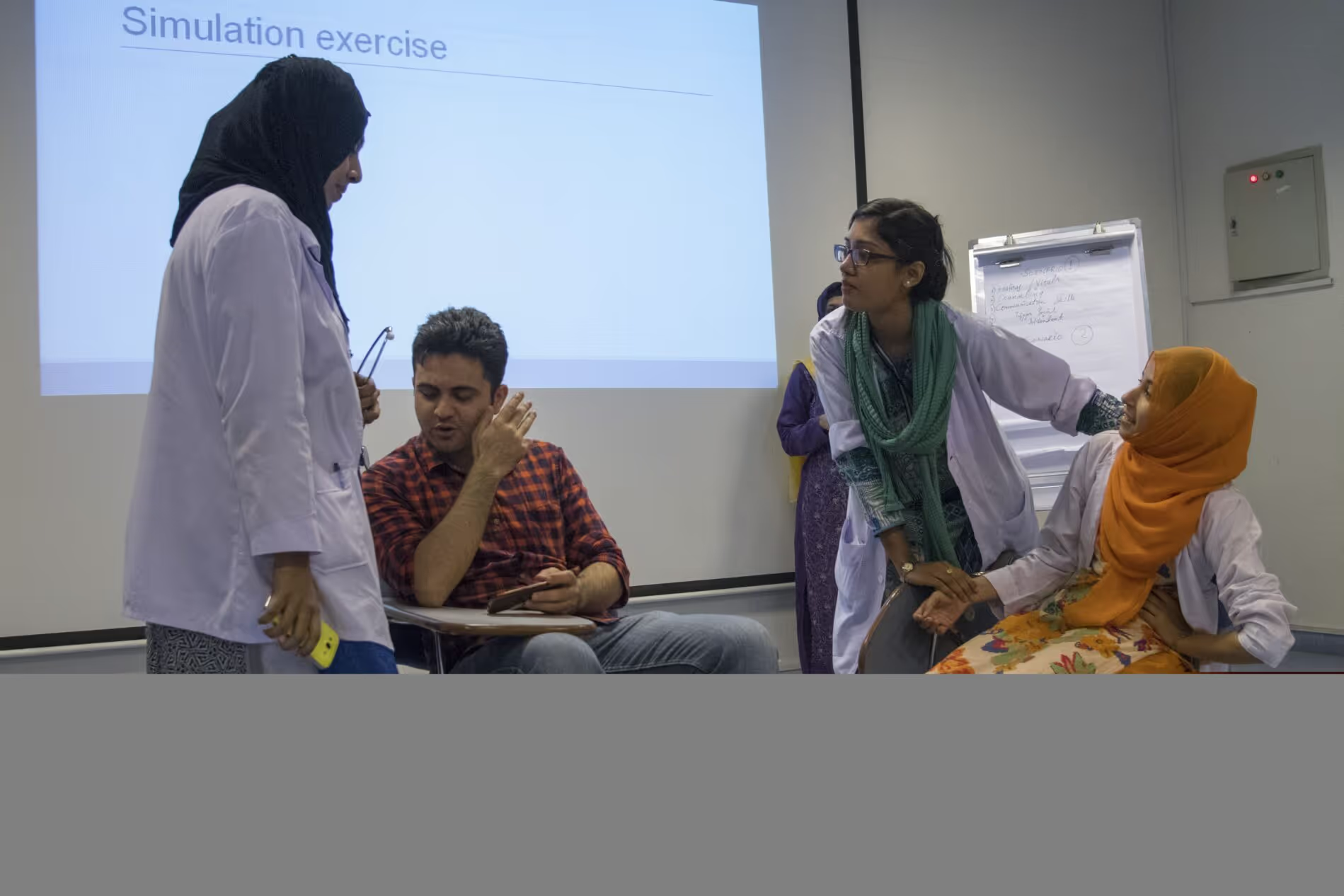Islamic Trauma Healing: A Scalable, Community-based Programme for War and Refugee Trauma
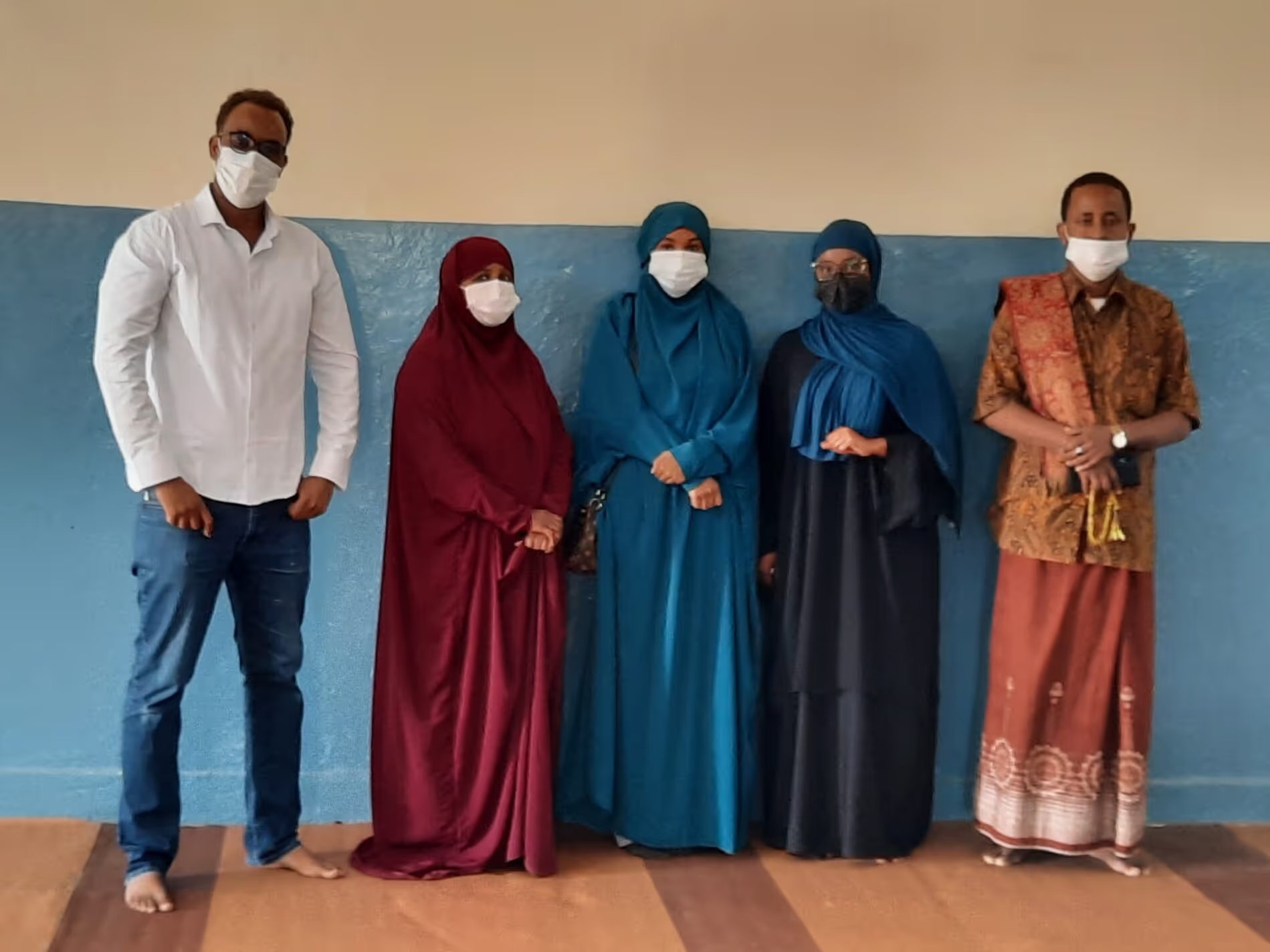
Project overview
This research examines the effects of a brief, mosque-based intervention addressing the mental health impact of war and refugee-related trauma. It will examine improvements in mental health, community reconciliation, and successful implementation by community leaders.
Countries
Somalia
Organisations
University of Washington
Partners
SOYDAVO, University of Burao, Case Western Reserve University, Seattle Pacific University
Area of funding
Humanitarian Research
Grant amount
£647,014
Start date
01
September
2021
End date
01
October
2024
Project length (in months)
37
Funding calls
Topics
Refugees and IDPS
Status
Live
Project solution
This project offers [specific solution or intervention] to tackle [challenge]. By implementing [strategies, tools, or innovations], the project aims to achieve [desired outcomes]. The approach is designed to [specific actions or methods] to bring about meaningful change in [community, region, or issue area].
Expected outcomes
This project aims to achieve [specific outcomes], such as [measurable results, improvements, or changes]. The expected impact includes [benefits to the target community, advancements in research or innovation, or long-term effects]. By the end of the project, we anticipate [specific changes or milestones] that will contribute to [broader goals or objectives].
Principal Investigators: Lori Zoellner, University of Washington and Norah Feeny, Case Western Reserve University
Purpose
Due to war and regional unrest, many Somalis have experienced not only the physical wounds of conflict but also damaging mental wounds. These often include problems such as confusion and related symptoms of anxiety, depression, and post-traumatic stress (PTSD). This mosque-based programme addresses the effects of trauma in the community and promotes community building. The programme incorporates Islamic principles with techniques from evidence-based, trauma-focused interventions to address the impact of trauma in one’s life and community.
This work seeks to strengthen the capacity of the community to facilitate trauma healing through existing mosque infrastructures. The programme will be expanded to additional mosques. Using a train-the-trainer model, community leaders become expert trainers. These leaders will then train and supervise new leaders. Accordingly, the programme task shifts to community leaders in local mosques by training them in enhancing mental health and promoting reconciliation.
Expected Outcomes
This randomised controlled trial will produce strong empirical evidence for the effectiveness of this brief intervention for war and refugee trauma and its ease of implementation by community leaders. It hopefully will lead to improved mental health and improved day-to-day functioning and wellbeing in those participating in the programme, including enhanced connection to one’s community, one’s faith, and forgiveness of others.
This research aims also to highlight the ease of uptake of such an intervention with Muslim communities. Through both quantitative and qualitative data, we expect group members and leaders will report that the intervention matches well with their culture and faith and that the intervention is easy to train and implement.
No items found.
Project delivery & updates
Stay up to date with the latest developments from this project. Here, you will find details on what has been delivered, resources created, and regular updates as the project progresses. Access key documents, reports, and other materials to see how the project is making an impact.
No resources/updates have been published yet for this project. Sign up for our newsletter to stay informed about upcoming publications and updates!
Join our Newsletter
Resources
No items found.
Latest updates
No items found.
